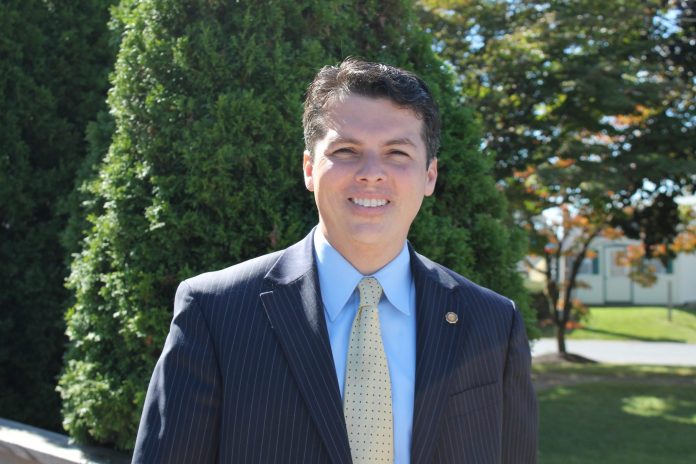By U.S. Rep. Brendan F. Boyle
In the early 1930s, half of American seniors lived in poverty. No matter how careful a working family was with their money, there was only so much they could save. In the face of unpredictable medical bills and economic downturns, there was no telling how long the money would last or how much their families could support them.
Today, the elderly poverty rate sits around 9 percent. A lot has changed in the past 90 years, but here, the cause of the sharp decline is quite clear: Social Security. Without the program, which I would dare to call the most successful anti-poverty program in American history, an additional 22 million Americans would live below the poverty line today. All of that without adding a single cent to the deficit.
Yet, the past two years have seen a spike in calls to gut the program, which would put seniors’ security and stability in jeopardy. Following the passage of their 2017 tax bill, Republican leaders in Congress called to weaken Social Security and Medicare in order to control the ballooning deficit – without mentioning that the deficit was ballooning precisely because of their $1.5 trillion tax cut for CEOs and billionaires. In other words, they wanted to take money away from America’s seniors, who earned their benefits by paying into the program their entire lives, and gift it to the top 1 percent, who reaped 83 percent of the benefits of the tax bill.
Thanks to the hard work of scores of community members and organizations who spoke out against these changes, the program is safe for now. But I want to go a step further and strengthen Social Security so America’s middle class can have a secure and dignified retirement for generations to come.
I was proud to work with Congressman John Larson of Connecticut to introduce the Social Security 2100 Act four weeks ago. The bill would increase benefits across the board to further protect the two-thirds of seniors who get most of their income through Social Security. It would improve the cost-of-living adjustment formula to account for the true costs seniors face. And it would change the tax code so seniors making up to $50,000 – or couples making up to $100,000 – wouldn’t have to pay taxes on their hard-earned benefits. The bill would also move to make sure the Social Security Trust Fund, the program’s funding source, remains solvent for the next 75 years and beyond, and ensure that millionaires and billionaires pay into the system like everyone else.
Not only would current retirees see bigger checks, workers could rest assured that the system remains on strong footing and they’ll be able to receive the benefits they’ve earned when they retire. These changes would especially help women, who tend to live longer than men and receive lower benefits. And they would help lower-income workers by raising the minimum benefit floor to prevent them from falling into poverty in retirement.
Social Security has lifted millions out of poverty and boosted the economy by $1.4 trillion each year. In the face of today’s pension crisis and stagnant wages, it’s more important than ever that we build upon Social Security’s incredible success to give all American workers a fair shot at a secure future. They deserve no less. ••





